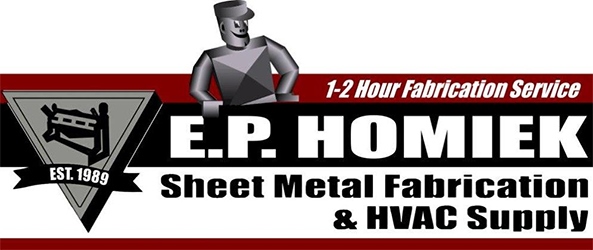“Inverter vs. Non-Inverter HVAC Systems: A Comprehensive Comparison”
- Posted on September 23, 2024
- by admin
- in Blog_Posts
- Comments Off on “Inverter vs. Non-Inverter HVAC Systems: A Comprehensive Comparison”
Inverter technology has changed the residential HVAC market for the better in so many ways. The key differences between inverter and non-inverter technology in HVAC systems are as follows
Compressor Operation
- Inverter Technology: Inverter systems use variable-speed compressors that can adjust their speed according to the cooling or heating demand. This means that the compressor can run at different capacities, providing more precise temperature control.
- Non-Inverter Technology: Non-inverter systems have fixed-speed compressors that operate at full capacity or turn off completely. They cycle on and off to maintain temperature, leading to less efficient operation.
Energy Efficiency
- Inverter Technology: Because they can adjust their output, inverter systems are typically more energy-efficient, consuming less electricity and resulting in lower utility bills.
- Non-Inverter Technology: Fixed-speed systems tend to consume more energy due to the frequent on-off cycling, which can lead to higher energy costs.
Temperature Control
- Inverter Technology: Inverter systems provide more consistent and stable temperature control, resulting in fewer fluctuations and greater comfort.
- Non-Inverter Technology: Non-inverter systems may experience noticeable temperature swings, as they only operate at full capacity or not at all.
Noise Levels
- Inverter Technology: The gradual adjustment of the compressor speed allows inverter systems to operate more quietly, especially at low loads.
- Non-Inverter Technology: The on-off cycling of fixed-speed compressors can create more noise during startup and shutdown.
Initial Cost
- Inverter Technology: Inverter systems generally have a higher initial purchase and installation cost due to their advanced technology and components.
- Non-Inverter Technology: Non-inverter systems are typically less expensive to purchase and install.
Maintenance
- Inverter Technology: While both types require maintenance, the more complex components in inverter systems may necessitate more specialized service.
- Non-Inverter Technology: Non-inverter systems are often simpler and may be easier to service.
Longevity
- Inverter Technology: The smoother operation of inverter compressors can lead to less wear and tear, potentially extending the lifespan of the system.
- Non-Inverter Technology: More frequent cycling can result in increased wear on components, possibly leading to a shorter lifespan.
Overall, inverter technology offers enhanced energy efficiency, comfort, and performance compared to non-inverter systems, making it an increasingly popular choice for modern HVAC applications.
EP Homiek carries many quality inverter duty compressor manufacturers. These variable speed units provide high efficiency, quiet, dependable, long-lasting operation for both residential and commercial needs. This includes VRF (variable refrigerant flow) units. Please contact EP Homiek for a quote today, we have offices in both Northern and Central New Jersey with many sizes in stock. 732-364-7644 (Lakewood) or 908-688-9104 (Union).
If you enjoyed this article please consider sharing it!




